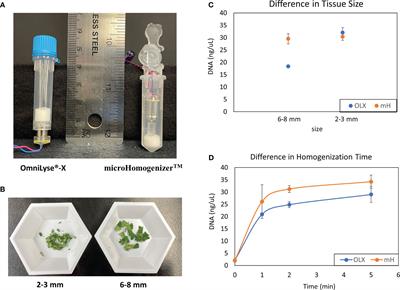ORIGINAL RESEARCH
Published on 11 Oct 2024
Post-harvest cleaning, sanitization, and microbial monitoring of soilless nutrient delivery systems for sustainable space crop production

doi 10.3389/fpls.2024.1308150
- 907 views
5,049
Total downloads
23k
Total views and downloads
ORIGINAL RESEARCH
Published on 11 Oct 2024

ORIGINAL RESEARCH
Published on 16 Feb 2024
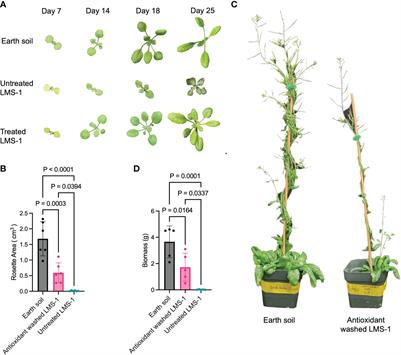
ORIGINAL RESEARCH
Published on 11 Jan 2024
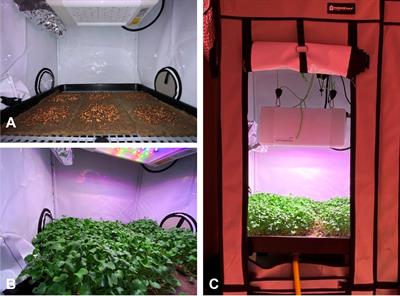
ORIGINAL RESEARCH
Published on 08 Jan 2024

ORIGINAL RESEARCH
Published on 14 Dec 2023
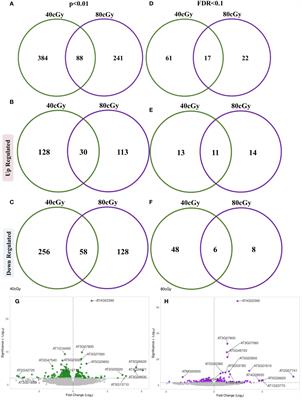
ORIGINAL RESEARCH
Published on 27 Nov 2023
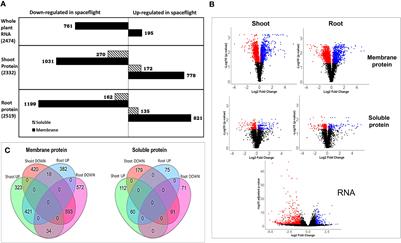
ORIGINAL RESEARCH
Published on 09 Oct 2023

ORIGINAL RESEARCH
Published on 03 Oct 2023

ORIGINAL RESEARCH
Published on 14 Jun 2023
